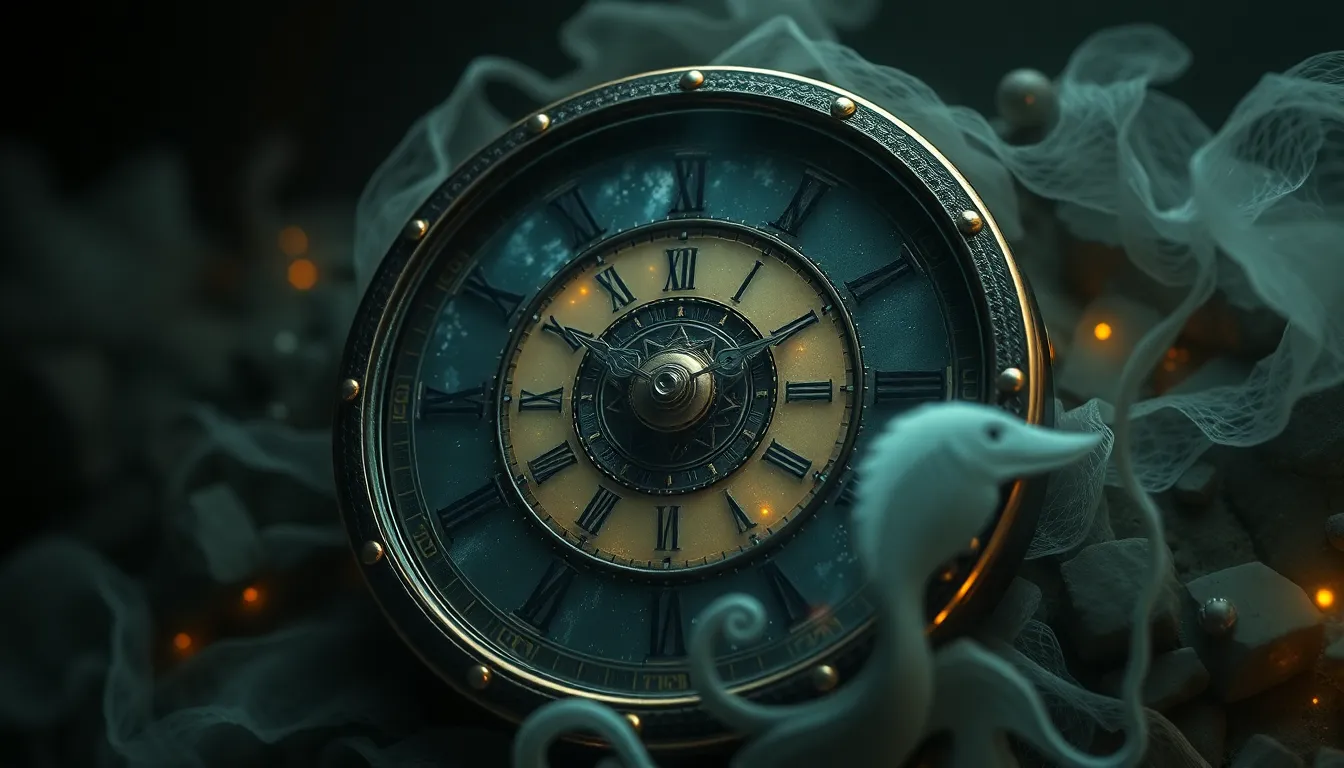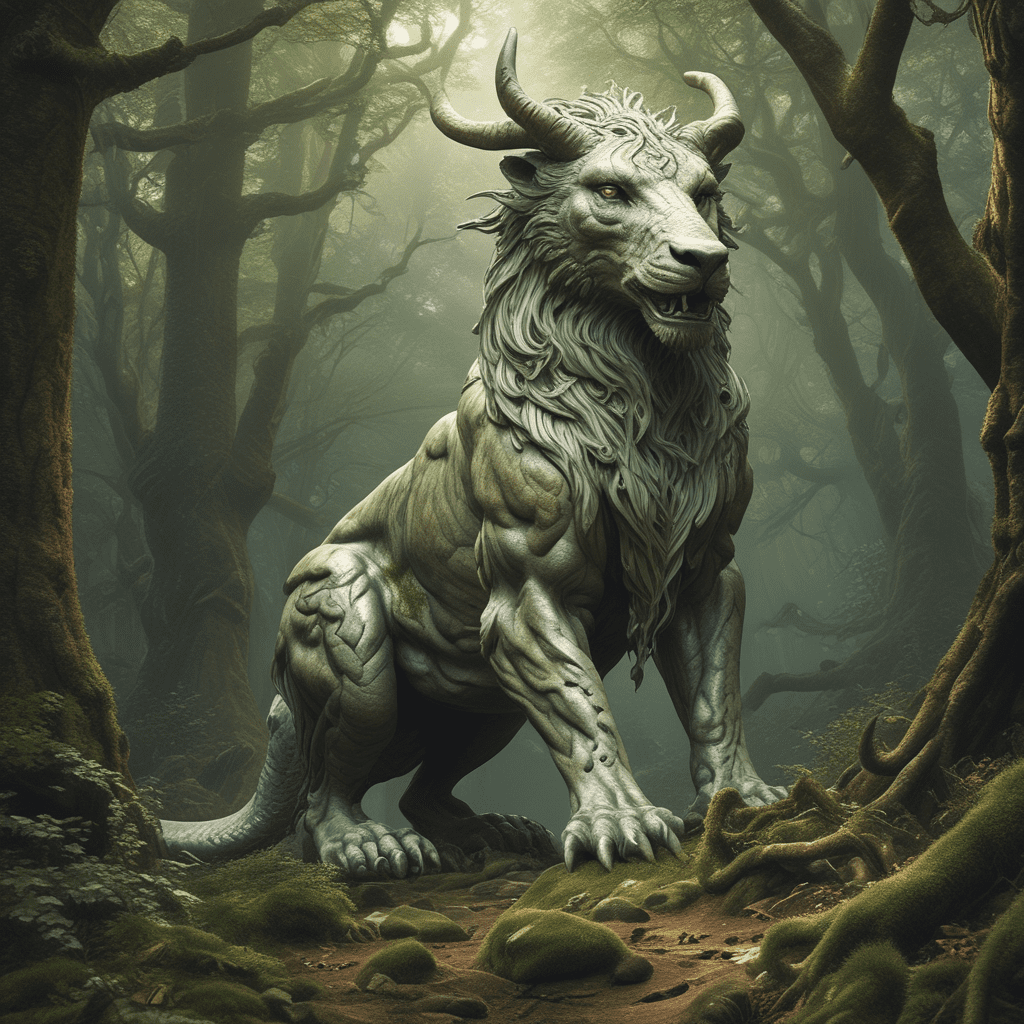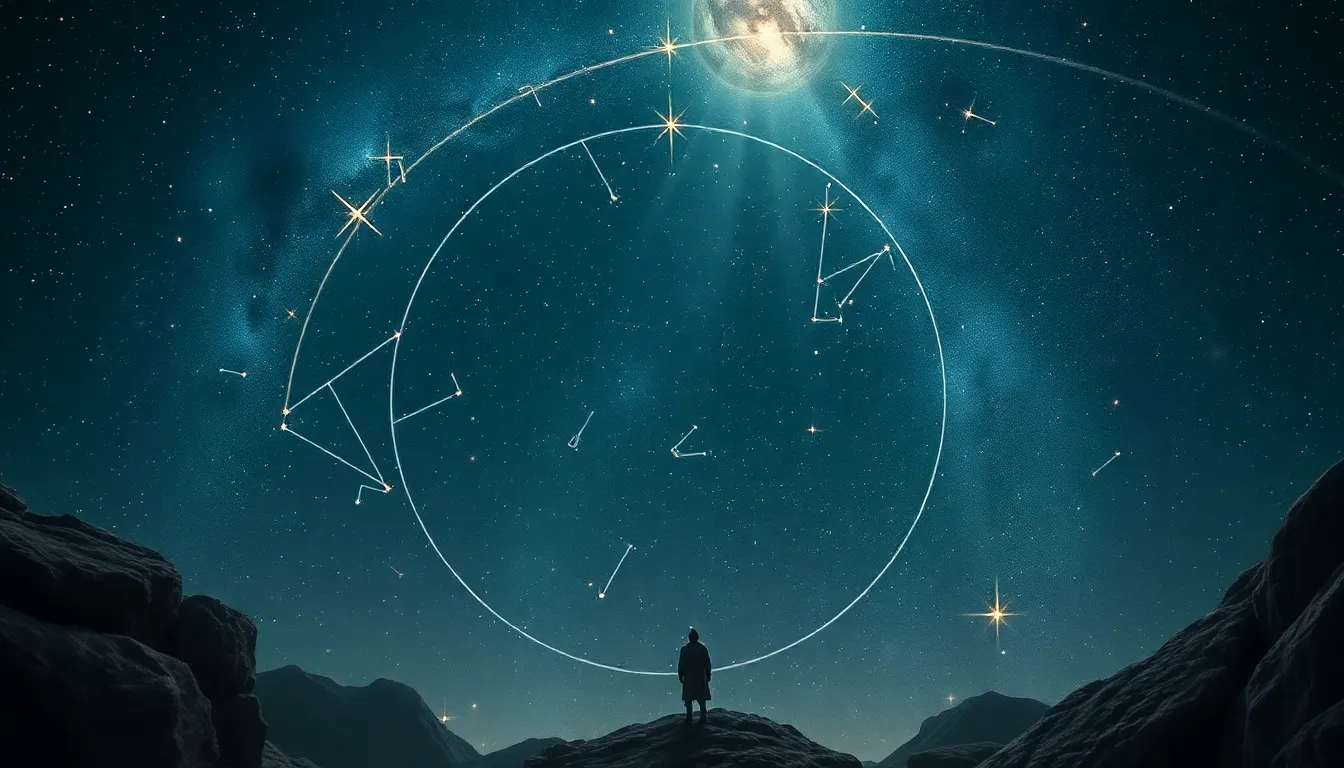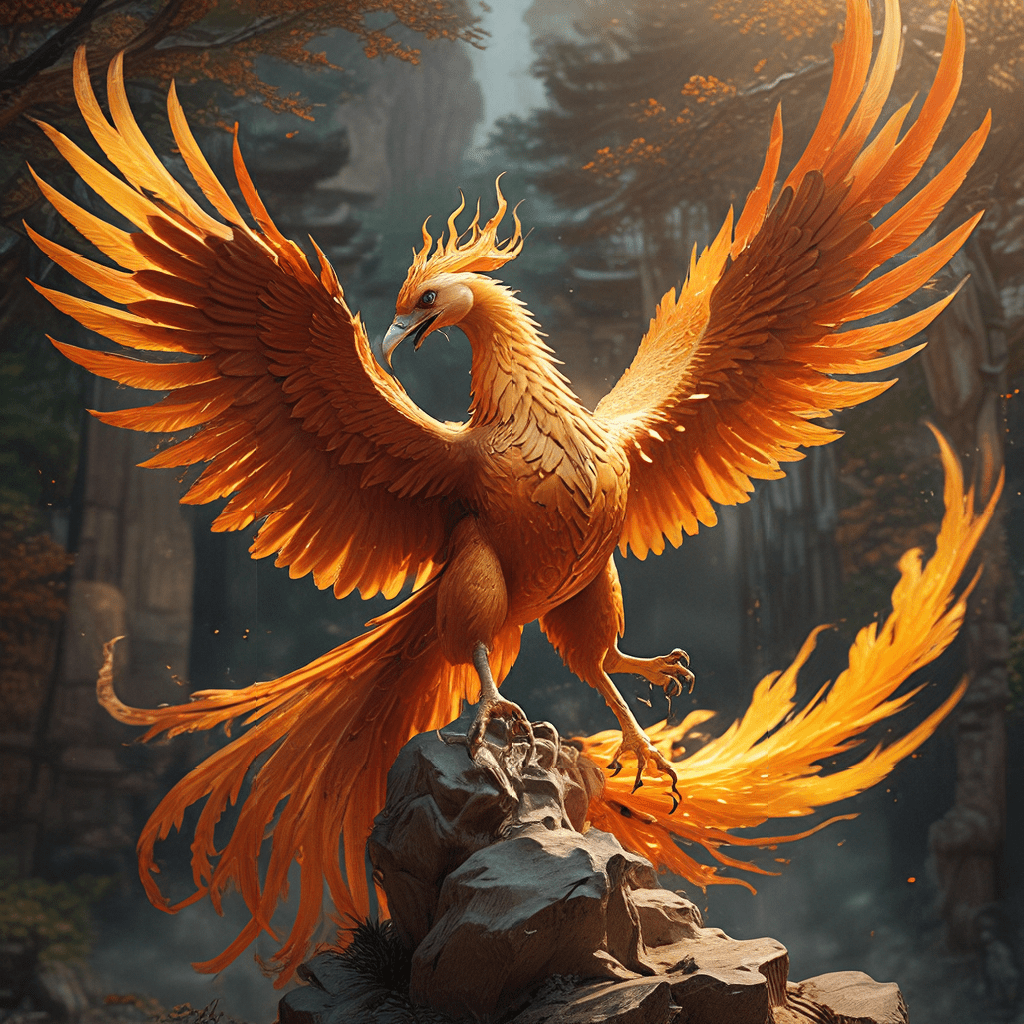The Enigma of the Timekeeper: A Legendary Artifact of Chronology
I. Introduction
The Timekeeper is more than just a mythical artifact; it represents humanity’s enduring quest to measure and understand time. As an entity shrouded in legend, it has captured the imaginations of many across different cultures and eras. The importance of chronology in human history cannot be overstated, as it serves not only as a means of organization but also as a framework for understanding our place in the universe. This article aims to delve into the historical context of timekeeping, explore the legend surrounding the Timekeeper, and examine its significance both past and present.
II. Historical Context of Timekeeping
The journey of timekeeping has evolved significantly over the centuries, reflecting advancements in technology and shifts in cultural values.
A. Evolution of timekeeping methods
- Ancient sundials and water clocks: Early civilizations relied on natural phenomena to measure time. Sundials, which used the position of the sun’s shadow, and water clocks, which measured time through the flow of water, were among the first methods.
- Mechanical clocks of the Middle Ages: With the advent of mechanical technology, clocks began to emerge in Europe during the Middle Ages, allowing for more precise timekeeping.
B. The cultural significance of timekeeping across civilizations
Timekeeping has held cultural significance in various civilizations. For instance, the Mayans developed an intricate calendar system, reflecting their astronomical knowledge and religious beliefs. Similarly, the Chinese utilized lunar calendars for agricultural and ceremonial purposes.
C. The quest for precision in measuring time
The desire for precision has driven innovations such as the pendulum clock in the 17th century and the atomic clock in the 20th century. Each advancement has contributed to our understanding of time as a fundamental aspect of the physical world.
III. The Legend of the Timekeeper
The Timekeeper is more than an object; it embodies a rich tapestry of legends and narratives that vary across cultures.
A. Origins of the legend
The legend of the Timekeeper is believed to have originated in ancient civilizations where time was both a practical necessity and a spiritual concept. Some tales suggest the Timekeeper was a deity responsible for maintaining the flow of time.
B. Key figures and events associated with the Timekeeper
Throughout history, various figures have been linked to the Timekeeper, often portrayed as guardians or seekers of time. These include ancient sages, alchemists, and even mythical heroes who sought to harness its power.
C. Variations of the legend across different cultures
The Timekeeper’s legend has manifested in various forms, such as:
- In Greek mythology, Chronos is often depicted as a personification of time.
- In Hindu tradition, the concept of “Kaal” represents the cyclical nature of time.
- In Western folklore, the Timekeeper is sometimes imagined as a wise old man who holds the secrets of time.
IV. Description of the Artifact
Describing the Timekeeper requires delving into both its physical attributes and the myths that surround it.
A. Physical characteristics of the Timekeeper
The Timekeeper is often depicted as a beautifully crafted object, resembling an ornate clock or a celestial sphere. Its intricate design is said to reflect the cosmos itself.
B. Materials and craftsmanship involved
Legends suggest that the Timekeeper is made from rare materials such as celestial metals and enchanted crystals, which enhance its mystical properties. The craftsmanship is often attributed to master artisans with knowledge of ancient techniques.
C. Descriptions from historical texts and folklore
Historical texts and folklore describe the Timekeeper as glowing with an ethereal light, with gears and cogs that move in harmony with the universe. Such descriptions enhance its allure and mystery.
V. The Timekeeper’s Powers and Abilities
The powers attributed to the Timekeeper are as varied as the legends themselves.
A. Theoretical functions of the Timekeeper
- Manipulation of time: It is said that the Timekeeper can alter the flow of time, allowing individuals to travel to the past or future.
- Influence on historical events: Some legends claim that the Timekeeper has the ability to change pivotal moments in history.
B. Analyzing claims of time travel and prophecy
Throughout history, individuals have claimed to have experienced time travel or prophetic visions linked to the Timekeeper. These accounts remain subjects of fascination and skepticism.
C. Scientific perspectives on the Timekeeper’s abilities
From a scientific standpoint, the idea of manipulating time raises numerous questions. While theories in physics, such as relativity, hint at the complexities of time, the concept of a tangible artifact like the Timekeeper remains firmly in the realm of myth.
VI. The Timekeeper in Popular Culture
The influence of the Timekeeper extends into popular culture, where it has been depicted in various forms of media.
A. Depictions in literature and film
Numerous books and films have drawn inspiration from the Timekeeper legend, often portraying time travel and the consequences of altering time. Notable examples include:
- H.G. Wells’ “The Time Machine”
- Christopher Nolan’s “Interstellar”
- The “Harry Potter” series, particularly in “Harry Potter and the Prisoner of Azkaban”
B. Influence on modern storytelling and mythology
The concept of the Timekeeper has influenced modern storytelling, shaping narratives around time travel and the moral dilemmas that accompany it. Its mythos has been woven into contemporary folklore.
C. Merchandising and cultural impact
The Timekeeper’s image has transcended literature and film, appearing in merchandise ranging from toys to art. Its cultural impact is evident in how it continues to inspire creativity and exploration of the concept of time.
VII. Modern Interpretations and Theories
In contemporary society, the Timekeeper is viewed through various lenses, reflecting both historical significance and modern existential questions.
A. Contemporary scholars’ views on the Timekeeper
Scholars have approached the Timekeeper as a symbol of humanity’s struggle to comprehend time. Interpretations range from philosophical explorations to anthropological studies of time perception across cultures.
B. The artifact as a metaphor for human experience
The Timekeeper can also be seen as a metaphor for the human experience—our desire to control time and the inevitable passage of it. It serves as a reminder of the fleeting nature of existence.
C. The intersection of myth and science in understanding time
The dialogue between myth and science continues to evolve. While science seeks to explain time through empirical means, myths like the Timekeeper offer a narrative that encapsulates the mysteries and wonders of time.
VIII. The Quest for the Timekeeper
The allure of the Timekeeper has inspired numerous quests and searches throughout history.
A. Historical expeditions and searches for the artifact
Various historical expeditions have sought the Timekeeper, driven by the belief that it holds untold power. These quests often blend adventure with scholarly pursuits.
B. Notable discoveries and archaeological finds
While the Timekeeper itself remains elusive, archaeological finds related to ancient timekeeping practices provide insight into how ancient cultures understood time. These discoveries help contextualize the legend.
C. The role of technology in uncovering the past
Modern technology, such as archaeological tools and dating methods, has enhanced our ability to explore ancient timekeeping practices, bringing us closer to understanding the origins of legends like the Timekeeper.
IX. The Timekeeper’s Legacy
The legacy of the Timekeeper is profound, influencing both the field of horology and the broader cultural narrative surrounding time.
A. Impact on modern timekeeping and horology
The pursuit of precision in timekeeping has roots in the quest for the Timekeeper. Innovations in clock-making and time measurement continue to echo this ancient desire.
B. Lessons learned from the legend of the Timekeeper
The legend teaches valuable lessons about the nature of time, the



